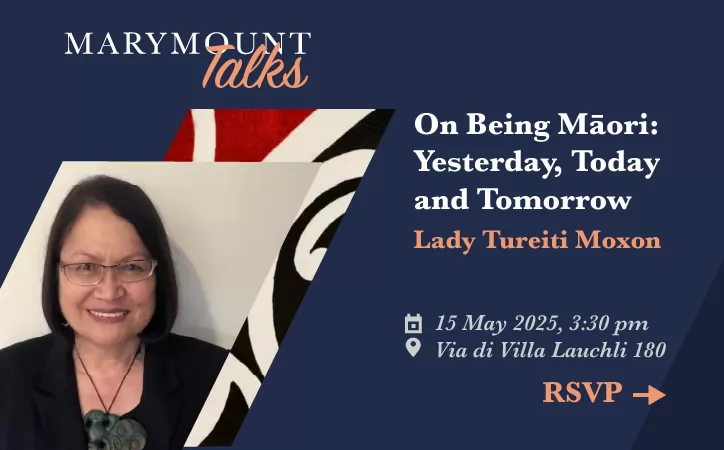Laura Pausini's refusal to sing Bella Ciao sparks political debate in Italy
Bella Ciao debate comes ahead of elections in Italy.
Italian singer-songwriter Laura Pausini has sparked controversy after refusing to sing Italy's anti-fascist resistance anthem Bella Ciao on Spanish television due to it being "too political".
The Grammy-winning star had been participating in a musical game on the popular quiz show El Hormiguero in which contestants had to sing a song that contained the word corazón, whose meaning translates variously as heart, love or darling.
Pausini suggested Little Tony's Cuore Matto but none of those present seemed to know the song despite it being extremely famous in Italy.
The show's presenter Pablo Motos then launched into Bella Ciao, as the other guests sang along to the song which gained international fame after it featured in the hit Netflix series Money Heist.
However they were stopped abruptly by Pausini who refused categorically to join in. "It's a very political song and I don't want to sing political songs," she said quickly.
#LauraPausini:
Perché si è rifiutata di cantare Bella Ciao insieme ai conduttori del programma televisivo spagnolo El Hormiguero, definendola una canzone "molto politica"pic.twitter.com/B2DGM67wSQ— Perché è in tendenza? (@perchetendenza) September 13, 2022
The host did not question her motives and the programme moved on as if nothing had happened.
However Pausini's outright refusal to sing Bella Ciao did not go unnoticed among those on the political left, both in Spain and Italy, and a controversy broke out immediately on social media.
The singer received a backlash from Adriana Lasta of the Spanish Socialist Workers' Party, who tweeted: "Refusing to sing an anti-fascist song says a lot about Ms. Pausini and nothing positive."
Ibàn Garcia, a fellow member of Lasta's party, wrote on Twitter: "Neither with the Demorats nor with the Nazis. Equality."
Pausini's refusal to sing Bella Ciao was welcomed however by Matteo Salvini, leader of Italy's right-wing Lega party, who tweeted his "esteem" for the artist.
No canto canciones politicas ni de derecha y ni de izquierda.
Lo que pienso de la vida lo canto desde hace 30 años.
Que el fascismo sea una verguenza absoluta me parece obvio para todos. No quiero que nadie me use para propaganda politica.
No se inventen lo que no soy.— Laura Pausini (@LauraPausini) September 13, 2022
The singer attempted to quell the controversy by tweeting, in Spanish: "I don't sing political songs, either from the right or the left. What I think about life I have been singing for 30 years. That fascism is an absolute disgrace seems obvious to everyone. I don't want anyone to use me for political propaganda. Do not invent what I am not."
Some commentators in Italy suggested that Pausini would have found herself in the midst of a controversy whether she had sung the divisive song or not, given the delicacy of its theme.
Others suggested she may not have wanted to trivialise a song which has such deep meaning to so many.
The incident comes in the middle of a highly-charged election campaign in Italy, which the right is expected to win in a landslide result after voting day on 25 September.
Bella Ciao
Every year on 25 April, Bella Ciao is sung across Italy on the Festa della Liberazione which marks the country’s liberation from German occupation and fascist rule at the end of world war two.
Originally a 19th-century Italian protest folk song, the lyrics of Bella Ciao were modified in the 1940s to tell the story of a young man who bids farewell to his love to join the Italian partisans.
The song was soon adopted as the anthem of Italy's partigiani and today is sung worldwide as an anti-fascist hymn of freedom and resistance.
Bella Ciao remains divisive in Italy however and is scorned by those on the right who refuse to celebrate Liberation Day.

















